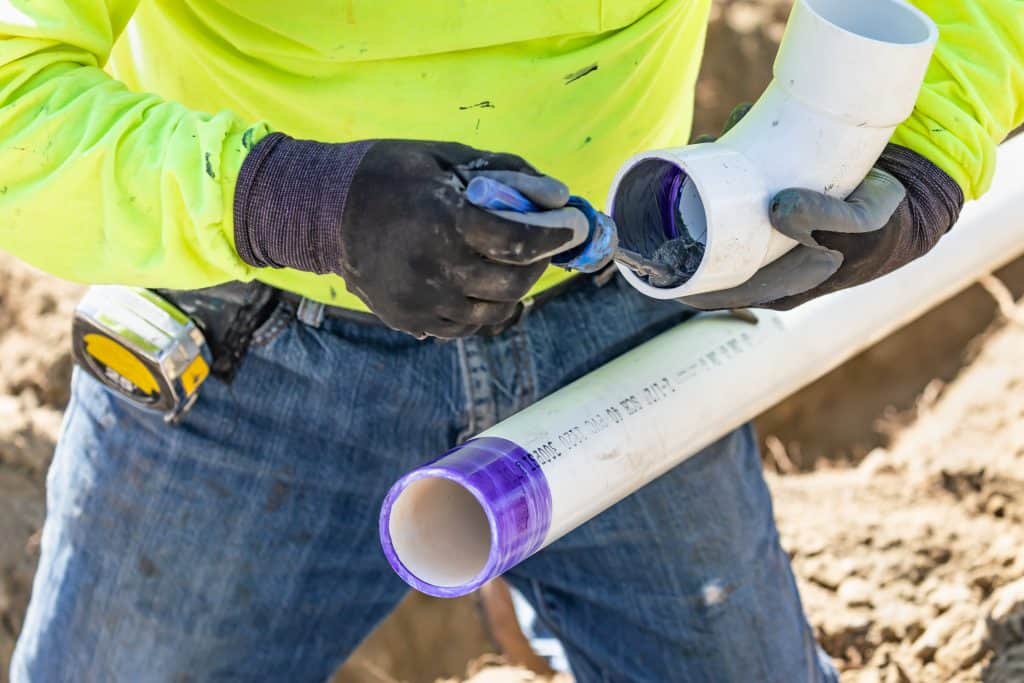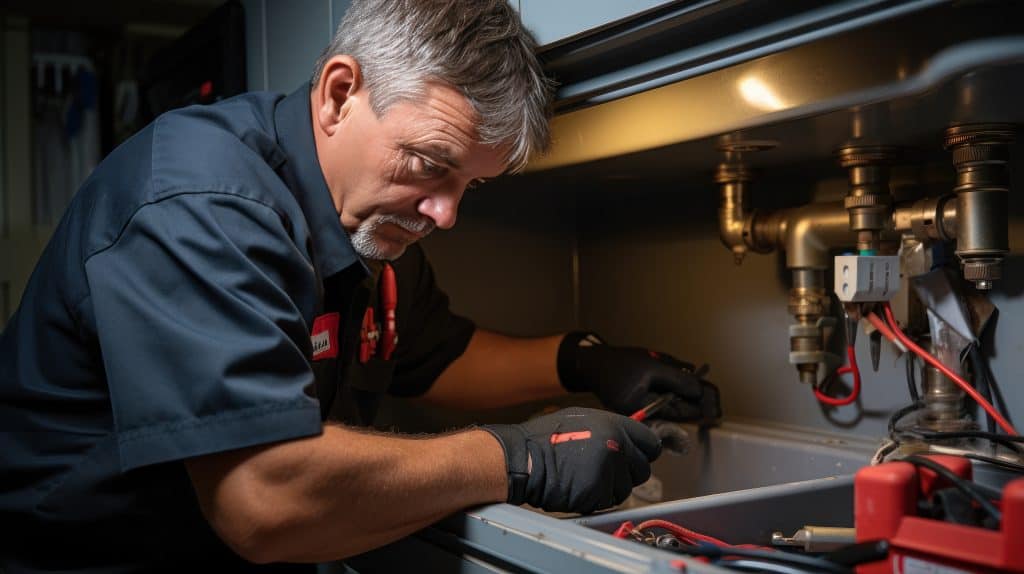When it comes to HVAC systems, understanding what is the purpose of a condenser is essential for maintaining a properly functioning unit. The condenser plays a pivotal role in ensuring that your HVAC system efficiently cools your home or office. This component works behind the scenes to transform refrigerant gas into liquid, which helps regulate temperature. Understanding how the condenser functions allows homeowners to better appreciate its importance in maintaining optimal indoor comfort.
The condenser is responsible for releasing heat from the refrigerant and cooling the air that circulates through your space. This step is vital for your system to perform effectively. When the condenser operates correctly, it not only keeps your indoor environment comfortable but also reduces the overall workload on the system, extending its lifespan and lowering energy consumption.
By focusing on the purpose of a condenser, homeowners gain a deeper understanding of the mechanics behind their HVAC system. This knowledge is crucial for maintaining your home’s cooling efficiency and recognizing when problems arise. Regular checks and maintenance help ensure that the condenser, along with the rest of your system, works smoothly and efficiently year after year.
Understanding the Function of a Condenser
The answer to what is the purpose of a condenser lies in its ability to remove heat from the refrigerant and allow the system to cool indoor air. As high-pressure gas enters the condenser, it sheds heat and turns into a liquid. This change enables the refrigerant to cycle back through the system and absorb more indoor heat.
This heat-release process is what powers your air conditioning. When the refrigerant condenses efficiently, the system performs at its best. Without this stage, the cooling cycle would break down entirely. The condenser’s ability to manage this transfer of heat directly impacts how well your HVAC system cools your home.
Because the condenser carries such a heavy workload, keeping it in top shape is essential. Dirty coils or damaged components can reduce efficiency, raise energy costs, and shorten your HVAC system’s life. Learning about related components, such as your home plumbing system, can also help you recognize how interconnected home maintenance really is.
Benefits of a Well-Functioning Condenser
When your condenser is working properly, your HVAC system runs more efficiently. It cools your home faster, uses less energy, and places less strain on other components. These performance improvements help keep energy bills in check and extend the life of your system.
Beyond cost savings, a reliable condenser contributes to greater comfort. You’ll notice more consistent temperatures and quicker response times when your system kicks on. It also reduces the frequency of service calls and minimizes the chances of sudden breakdowns during peak seasons.
Regular maintenance is key to these benefits. Simple steps like cleaning the unit, checking for debris, and scheduling annual inspections can go a long way. Preventive care for your HVAC system works much like plumbing maintenance strategies—a little effort now helps you avoid big problems later.
Signs of a Malfunctioning Condenser
Understanding what is the purpose of a condenser is only half the story—knowing when something’s wrong is just as important. A failing condenser can affect your entire HVAC system. If your energy bills are creeping up, your home isn’t cooling like it used to, or the unit is making strange noises, it might be time to take a closer look.
Noises such as rattling or buzzing can mean debris or worn components inside the unit. If your cooling efficiency drops, it could be a sign the condenser isn’t releasing heat properly. Even small issues can cause the system to work overtime, which leads to higher utility costs and added strain on other components.
Spotting these problems early makes all the difference. Routine checks and quick repairs can prevent bigger damage down the line. If you’re not sure what to look for, it may help to review common signs that professional help is needed.
Important Facts About the Condenser’s Role in HVAC SystemsThe condenser is central to the cooling process in your HVAC system. Here’s what every homeowner should know about keeping it in good shape:
|
Regular Maintenance and Its Importance
Once you understand what is the purpose of a condenser, it becomes clear why regular maintenance matters. A neglected condenser won’t just underperform—it can lead to system breakdowns, costly repairs, and wasted energy. Keeping the unit clean, ensuring proper airflow, and scheduling periodic inspections are simple ways to keep everything running smoothly.
Service agreements with qualified HVAC professionals are a smart way to stay on top of maintenance. With routine tune-ups and early detection of issues, these plans help homeowners avoid surprise breakdowns and extend the life of their systems. Regular care ensures the condenser continues doing its job efficiently—removing heat and keeping your home comfortable year-round.
Whether your system is brand new or several years old, consistent maintenance is one of the best ways to ensure the condenser delivers long-term value and reliability. It’s not just about comfort—it’s about protecting your investment in your home.
DIY Maintenance Tips for Homeowners
While understanding what is the purpose of a condenser is key, keeping it running efficiently requires some hands-on care. Homeowners can tackle simple tasks to support their HVAC system between professional visits. Clearing leaves, grass, or debris from around the condenser unit allows it to release heat effectively and prevents airflow blockages that strain the system. Inspecting the unit for signs of wear or leaks can also help you catch small problems before they become big ones.
DIY maintenance is useful, but it’s important to know your limits. Homeowners can manage basic upkeep, but deeper repairs should be left to experts. That balance protects your HVAC investment while ensuring the system stays safe and effective. If you’re unsure when to step back, it’s helpful to understand the line between DIY fixes and professional plumbing services.
By taking a proactive approach, you help extend the life of your system and keep energy costs in check. A clean, well-maintained condenser is more efficient, which means better comfort and fewer surprises when your energy bill arrives.
When to Call a Professional
Knowing what is the purpose of a condenser also means recognizing when something isn’t right. If you hear strange noises, notice weak airflow, or your system just isn’t cooling like it should, those are red flags that may point to condenser issues. Trying to fix it yourself might sound appealing, but it can lead to bigger—and more expensive—problems down the line.
Issues that involve refrigerant, wiring, or internal components should always be handled by licensed professionals. These repairs require the right tools and safety protocols to be done correctly.
When in doubt, calling a professional helps protect your system and your budget. Addressing condenser problems early keeps your home comfortable and helps avoid the stress of emergency repairs later on.
Common Questions About Condensers
As more homeowners ask what is the purpose of a condenser, they also have questions about how to care for it. These answers will help clarify how to keep your HVAC system efficient and trouble-free.
How often should I have my condenser checked?
Have your condenser inspected at least once a year. Annual maintenance ensures the unit is working efficiently and helps prevent small issues from turning into big problems.
What are the risks of ignoring condenser maintenance?
Skipping maintenance can lead to poor cooling performance, higher energy bills, and system breakdowns. Over time, a neglected condenser may cause your HVAC system to work harder and wear out faster.
Can a faulty condenser affect my energy bills?
Absolutely. When the condenser isn’t doing its job, your HVAC system uses more energy to maintain comfort, which directly increases your monthly utility costs.
What are the signs of a clogged condenser coil?
You might notice reduced cooling, loud operation, or longer cycles. A clogged coil limits airflow and forces your system to work overtime. Regular cleaning helps avoid this issue.
How does a condenser contribute to overall HVAC efficiency?
The condenser is responsible for releasing heat by turning refrigerant gas into liquid. This process is central to the cooling cycle, and without it, your HVAC system can’t function properly or efficiently.
Condenser: The Heartbeat of Your HVAC System
The condenser is at the core of your HVAC system’s performance. It works nonstop to regulate indoor comfort by converting hot refrigerant gas into liquid and releasing heat outdoors. This critical process keeps your home cool and your energy bills under control.
When the condenser runs efficiently, it eases the workload on the rest of your HVAC system—helping extend its lifespan and lowering long-term maintenance costs. But if issues like clogged coils or refrigerant leaks go unnoticed, performance and efficiency can quickly decline.
Routine upkeep makes all the difference. Clearing debris and listening for unusual noises are small steps that can prevent larger problems. Still, some repairs require a professional touch. Knowing the basics of your home’s plumbing system can help you spot when it’s time to bring in an expert. Combining DIY care with professional maintenance is the best way to keep everything running smoothly.
Skilled technicians have the tools and experience to detect and resolve problems early, preventing costly repairs and breakdowns. Their expertise keeps your condenser—and your entire HVAC system—performing at its best year-round.
Conclusion: Keep Your HVAC System Running Smoothly
The condenser plays a vital role in keeping your home comfortable and energy efficient. Regular maintenance isn’t optional—it’s essential. With the right care, your HVAC system stays dependable, cost-effective, and long-lasting.
Start with small habits like regular cleanups and visual inspections, and don’t hesitate to call in professionals when needed. Their insight can catch issues you might miss and ensure your system stays in peak condition.
Ready to boost the performance of your HVAC system? Schedule a service visit today and let our experts keep your condenser—and your comfort—right where it should be.




